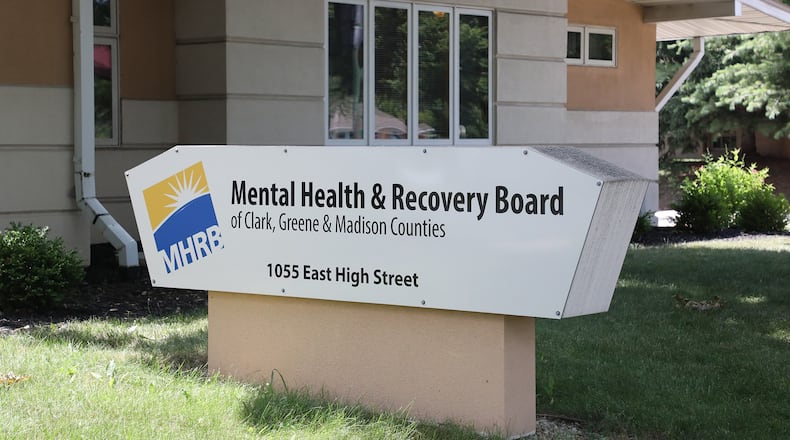Other resources that are available include the Disaster Distress Helpline, which residents can call at 1-800-985-5990 or text “TalkWithUs to 66746 for English or “Hablanos” to 66746 for Spanish.
MORE: Coronavirus: Reopening dates set for banquet halls, bowling alleys, mini golf, batting cages
Those dealing with suicidal thoughts can also contact the National Suicide Prevention Lifeline at 1-800-273-8245.
For additional information relating to COVID-19 and or about other resources in the community, residents can contact the United Way’s help line by dialing 211.
Representatives of MHRB said its important that residents have access to those resources as some workers are experiencing tension over whether to go back to work stay at home as some Ohio businesses begin to reopen.
They also mentioned other stressors related to the pandemic such as unemployment, lack of child care and lack of social interaction.
“It was difficult enough to manage stress before the pandemic. COVID-19 introduced and exacerbated stress in areas of our lives where we might not have experienced it before,” the CEO of MHRB Greta Mayer said in a news release.
MORE: Springfield man dies of COVID-19: ‘The hardest part…we were unable to be there for him’
“Suddenly, it may feel like your brain isn’t working in the same way and the smallest decisions can feel almost unsurmountable. Our normal methods of dealing with stress may not be sufficient,” she added.
Representatives of MHRB said in a news release that their organization’s contract care providers are open during the pandemic and have transitioned their services to meet the needs of isolated community members and those in quarantine.
For example, several providers are offering telehealth services and online support groups. For more information about mental health and substance use resources in Clark County visit www.mhrb.org or call 937-322-0648.
About the Author
